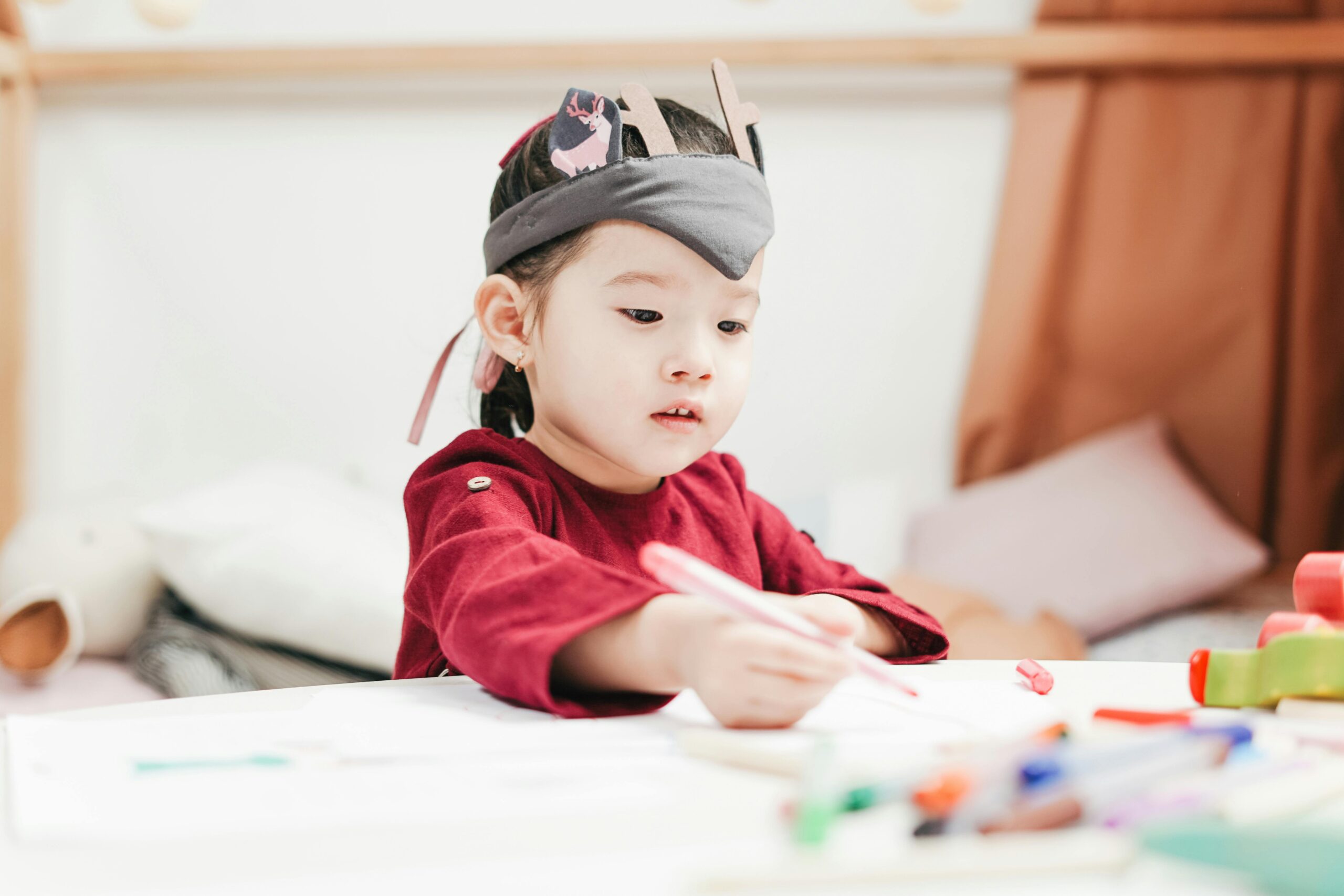A Practical Perspective from Lidcombe ChildCare
Understanding how young children think and feel is not always easy. One minute they’re laughing, the next they’re upset over a toy that looks slightly different than expected. As confusing as these shifts may be, they’re often normal responses rooted in how a child’s brain is developing.
At Lidcombe ChildCare, we’ve worked with hundreds of children over the years. While every child is unique, certain psychological patterns tend to appear across all early learners. For parents, recognizing these traits can turn daily frustrations into opportunities for connection and growth.
They Live in the Present
Young children don’t yet grasp time the way adults do. They are wired to respond to what’s happening right now. This explains why distractions can be more effective than lectures, and why transitions—like leaving the playground—can cause so much distress.
In our Lidcombe ChildCare classrooms, we use visual routines and verbal cues to help children prepare for what’s coming next. Structure provides a sense of safety for children who don’t yet have a full concept of time.
Emotions Come First, Logic Later
A young child’s brain is still building the pathways that allow for rational thinking and self-control. Until then, emotions lead the way. When a toddler throws a tantrum, they’re not being manipulative—they’re overwhelmed.
Our educators are trained to respond with calm consistency, helping children name their feelings and offering tools to express those feelings more appropriately. This process takes time, but it lays the foundation for emotional resilience.
Learning Looks Like Play
To adults, play may seem like fun, but to children, it’s serious work. Through play, children test ideas, role-play real-life situations, and practice communication. The classroom at Lidcombe ChildCare is designed to encourage open-ended play that supports language, social, and cognitive development.
Instead of rushing children toward early academics, we observe how they play—and from there, we know how to guide their growth.
Their Behavior Is Communication
Young children don’t always have the words to explain what they need, so they use behavior instead. A sudden refusal to join group time may reflect tiredness, hunger, or something as simple as overstimulation.
At Lidcombe ChildCare, we interpret behavior as a message—not a problem. With this mindset, we can respond thoughtfully rather than react emotionally.
Final Thoughts: Working With, Not Against, Development
Raising or caring for a young child is never a linear process. Some days feel smooth, others feel chaotic. But when we understand what children are capable of—and what they’re not yet ready for—we shift our expectations.
At Lidcombe ChildCare, psychology isn’t a side note. It shapes how we talk to children, how we set up our rooms, and how we partner with families. When care is developmentally informed, children thrive.


Leave a Reply